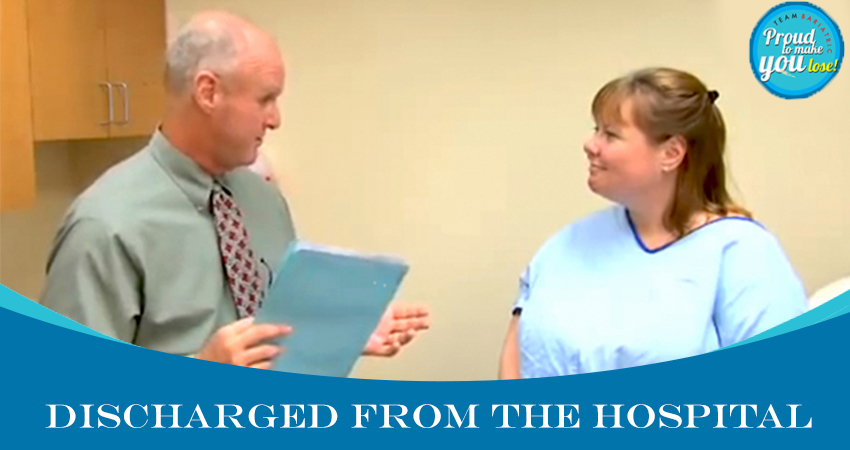
Now you have been discharged from the hospital and have reached home and are feeling relieved but apprehensive too, because you think stitches could break, or you are afraid of pain at home, or how much to walk, whether or not to take bath and so on. These are some helpful points for your guidance
Wound Care
- Change the dressings every day, if your doctor tells you to do so. Be sure to change your dressing always whenever it gets dirty or wet.
- You may have bruising around your wound or redness around the incisions, do not panic, this is normal.
- Avoid wearing tight clothing to prevent rubbing against your incisions.
- Stitches or staples are usually removed within 7 to 10 days after surgery. some stitches dissolve on their own. Your doctor will tell you if you have them.
- You can have shower when advised by your doctor, let water run over your incision, do not scrub over the incisions.
Personal hygiene
- Take shower daily.do not rub the wounds. let only water run on your incisions
- You can oil massage and wash your hairs daily to feel fresh and active
- Change your clothes daily
- Clean your skin folds well with soap and water once a day and keep them dry specially during the rainy season
Activity
- Walk as much as you can, move around and use stairs at home
- Do not lift things heavier than 5 to 7 kgs in the initial months
- Increase your exercise slowly
- Take short walks
- Get up and move around if you some pain in your belly, it may help
- Do not join gym until recommended by your doctor.
Follow-up
- To help recover from surgery and changes in your lifestyle ,see your surgeon regularly and other health care providers.
- The dietitian will teach you to eat correctly with your small stomach.
- The psychologist can help you deal with the feelings or concerns you may have after surgery.
- Blood tests are important as recommended by your surgeon, get them done timely to prevent vitamins and mineral deficiencies.
When to Call the Doctor
- Temperature is above 100°F .
- You have redness, pain, swelling or bleeding around your incision
- You have pain that your pain medicine is not helping
- You have breathing difficulty
- You cannot eat or drink
- You are vomiting after eating
These simple precautions will help you tide over the initial difficult time at home after your bariatric surgery. Bariatric surgery is the best way to lose weight and regain health.





